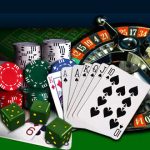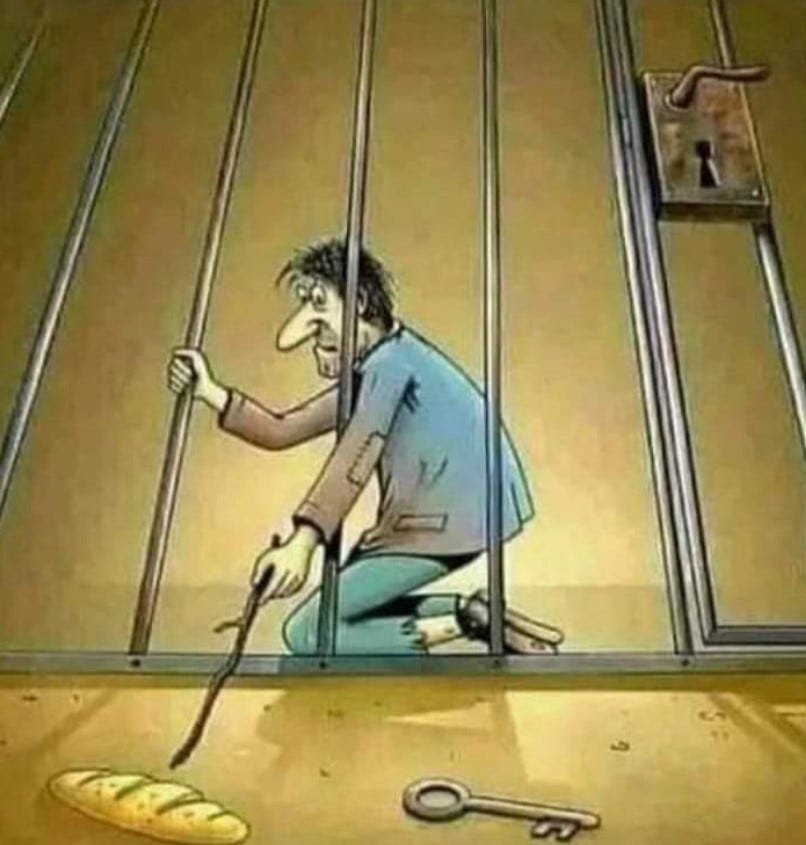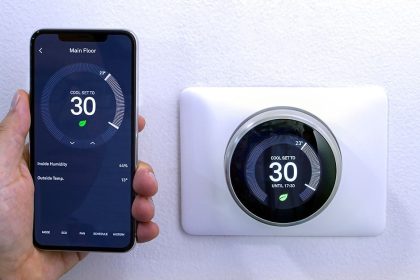The choice between bread and a key in the context of a prisoner’s decision is a symbolic and often philosophical concept that has been explored in literature, films, and various forms of storytelling. While there isn’t a specific canonical story that universally explains this scenario, the idea is rooted in the human condition, the nature of freedom, and the complexities of decision-making. To discuss why a prisoner might choose bread over a key, let’s delve into several interpretations and perspectives.
1. Survival and Sustenance:
One of the primary interpretations centers around the basic human need for survival. Bread, as a staple food, represents sustenance and nourishment. In dire circumstances, the prisoner may prioritize immediate physical well-being over the abstract concept of freedom. This choice reflects a pragmatic approach where survival instincts take precedence over the desire for liberation.
2. Symbolism of Bread:
Bread has deep cultural and symbolic significance across various societies. It often symbolizes life, nourishment, and the basic elements of sustenance. By choosing bread, the prisoner might be making a statement about the value of life itself and the fundamental need for sustenance before pursuing freedom. It underscores the idea that freedom without sustenance may be hollow.
3. Metaphor for Priorities:
The choice between bread and a key can be seen as a metaphor for personal priorities. In some interpretations, it suggests that the prisoner values nourishment and self-preservation more than immediate escape. It raises questions about the hierarchy of needs and whether certain fundamental requirements must be met before pursuing higher-order goals.
4. Long-Term Perspective:
Opting for bread may indicate a long-term perspective on freedom. The prisoner might recognize that escape without proper sustenance could lead to further challenges or even failure. By securing the basic necessity of food, they may be preparing themselves for a more sustainable and successful journey towards freedom when the time is right.
5. Philosophical Considerations:
This scenario can be explored through philosophical lenses, such as existentialism. Choosing bread over a key may reflect an acknowledgment of the present moment and the acceptance of one’s current circumstances. It echoes existentialist ideas about embracing the reality of existence before contemplating abstract notions like freedom.
6. Symbolism of the Key:
On the other hand, the key represents the means to escape, freedom from confinement. Choosing the key could signify a bold and immediate pursuit of liberty, emphasizing a willingness to face the unknown and confront the challenges associated with escape. This decision might be driven by a strong desire for autonomy and independence.
7. Fear of the Unknown:
Opting for bread may suggest a fear of the unknown that comes with freedom. The prisoner might prioritize the familiar and tangible (bread) over the uncertain and potentially perilous journey that awaits them outside the confines of captivity. It reflects the human tendency to cling to the known, even if it is restrictive.
8. Psychological Factors:
The choice could be influenced by the psychological state of the prisoner. If the individual has endured prolonged captivity, they may prioritize immediate comfort and security, as opposed to taking a risk by choosing the key. Psychological factors, such as trauma or learned helplessness, may influence decision-making in this context.
9. Social Commentary:
This scenario can be viewed as a commentary on society and the choices individuals make in the face of adversity. It raises questions about the conditions that lead people to prioritize immediate needs over abstract concepts like freedom, highlighting societal structures that may perpetuate cycles of constraint.
10. Literary and Cinematic Exploration:
vbnetCopy code
Many literary and cinematic works have employed the bread vs. key dilemma as a narrative device to explore complex themes. In these cases, the choice often serves as a powerful symbol that resonates with audiences and invites contemplation on the intricacies of human nature.
In conclusion, the choice between bread and a key is a rich and symbolic scenario that invites contemplation on the complexities of human decision-making. The interpretation can vary based on cultural, philosophical, and personal perspectives, making it a compelling metaphor that resonates across different forms of storytelling.
Certainly, let’s explore some frequently asked questions (FAQs) related to the symbolic scenario of a prisoner choosing bread over a key:
why did the prisoner choose the bread instead of the key FAQ (Frequently Asked Questions)
1. Q: Why would a prisoner choose bread instead of the key?
- A: The choice between bread and a key is often symbolic, representing a complex decision-making process. It could be influenced by the prisoner’s immediate needs for sustenance, a focus on survival, or a recognition of the importance of addressing basic necessities before pursuing freedom.
2. Q: What does the choice of bread symbolize?
- A: The choice of bread can symbolize sustenance, nourishment, and the basic elements of survival. It may represent a pragmatic approach where the prisoner prioritizes immediate physical well-being over abstract notions of freedom. Additionally, it may carry cultural and symbolic significance related to the sustenance of life.
3. Q: Does the choice of bread suggest a lack of desire for freedom?
- A: Not necessarily. The choice of bread may indicate a recognition of the importance of addressing immediate needs before pursuing freedom. It doesn’t necessarily imply a lack of desire for freedom but may reflect a strategic or practical approach to ensure a sustainable journey towards liberation.
4. Q: Could the choice be influenced by a fear of the unknown?
- A: Yes, the choice of bread could be influenced by a fear of the unknown associated with freedom. The prisoner might prioritize the familiar (bread) over the uncertainties and potential challenges that come with escape. It reflects the human tendency to cling to the known, even if it is confining.
5. Q: Does the scenario have philosophical implications?
- A: Yes, the scenario can be explored through various philosophical lenses, such as existentialism. The choice between bread and a key may involve considerations of existential themes, including the acceptance of the present moment, the hierarchy of needs, and the pursuit of freedom in the face of life’s challenges.
6. Q: What role does psychology play in this decision?
- A: Psychological factors, such as the prisoner’s state of mind, experiences of trauma, or learned helplessness, may influence the decision. If the individual has endured prolonged captivity, psychological factors could impact their choice, emphasizing immediate comfort and security.
7. Q: How has this scenario been used in literature and film?
- A: This scenario has been a powerful narrative device in literature and film, often serving as a metaphor for complex themes. It invites audiences to reflect on the human condition, societal structures, and the intricacies of decision-making. The interpretation may vary across different works.
8. Q: Can the choice be a commentary on societal structures?
- A: Yes, the scenario can serve as a commentary on societal structures that may influence individual choices. It raises questions about the conditions that lead people to prioritize immediate needs over freedom and may prompt contemplation on broader societal implications.
9. Q: Is there a definitive answer to why the prisoner chooses bread over the key?
- A: No, the interpretation of the prisoner’s choice is often subjective and context-dependent. Different perspectives and cultural contexts can yield varied interpretations. The lack of a definitive answer allows for rich exploration and discussion of the complexities involved.
10. Q: Does this scenario have real-life parallels?
vbnetCopy code
- A: While the scenario itself may be symbolic, it can draw parallels to real-life situations where individuals must make challenging decisions influenced by immediate needs, fear, and the complex interplay of factors.
These FAQs aim to provide insights into the multifaceted nature of the symbolic scenario where a prisoner chooses bread over a key. The richness of interpretation allows for nuanced discussions on human nature, decision-making, and the pursuit of freedom.
Also Read: https://realitypanel.com/














